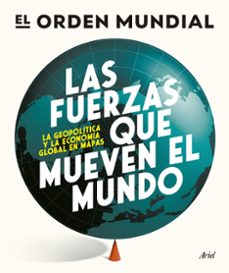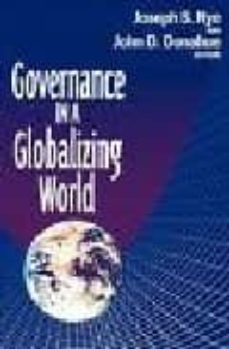Imprescindibles
Ficción
No Ficción
Ciencias y tecnología Biología Ciencias Ciencias naturales Divulgación científica Informática Ingeniería Matemáticas Medicina Salud y dietas Filología Biblioteconomía Estudios filológicos Estudios lingüísticos Estudios literarios Historia y crítica de la Literatura
Humanidades Autoayuda y espiritualidad Ciencias humanas Derecho Economía y Empresa Psicología y Pedagogía Filosofía Sociología Historia Arqueología Biografías Historia de España Historia Universal Historia por países
Infantil
Juvenil
#Jóvenes lectores Narrativa juvenil Clásicos adaptados Libros Wattpad Libros Booktok Libros de influencers Libros de Youtubers Libros Spicy Juveniles Libros LGTBIQ+ Temas sociales Libros ciencia ficción Libros de acción y aventura Cómic y manga juvenil Cómic juvenil Manga Shonen Manga Shojo Autores destacados Jennifer L. Armentrout Eloy Moreno Nerea Llanes Hannah Nicole Maehrer
Libros de fantasía Cozy Fantasy Dark academia Hadas y Fae Romantasy Royal Fantasy Urban Fantasy Vampiros y hombres lobo Otros Misterio y terror Cozy mistery Policiaca Spooky Terror Thriller y suspense Otros
Libros románticos y de amor Dark Romance Clean Romance Cowboy Romance Mafia y amor Romance dramatico Romcom libros Sport Romance Otros Clichés Enemies to Lovers Friends to Lovers Hermanastros Slow Burn Fake Dating Triángulo amoroso
Cómic y manga
Novela gráfica Novela gráfica americana Novela gráfica europea Novela gráfica de otros países Personajes, series y sagas Series y sagas Star Wars Superhéroes Cómics DC Cómics Marvel Cómics otros superhéroes Cómics Valiant
eBooks
Literatura Contemporánea Narrativa fantástica Novela de ciencia ficción Novela de terror Novela histórica Novela negra Novela romántica y erótica Juvenil Más de 13 años Más de 15 años Infantil eBooks infantiles
Humanidades Autoayuda y espiritualidad Ciencias humanas Economía y Empresa Psicología y Pedagogía Filosofía Historia Historia de España Historia Universal Arte Cine Música Historia del arte
Ciencia y tecnología Ciencias naturales Divulgación científica Medicina Salud y dietas Filología Estudios lingüísticos Estudios literarios Historia y crítica de la Literatura Estilo de vida Cocina Guías de viaje Ocio y deportes
JOSEPH S. NYE
Recibe novedades de JOSEPH S. NYE directamente en tu email
Filtros
Del 1 al 3 de 3
BROOKINGS INSTITUTION 9780815764076
Far from being another short-lived buzzword, globalization refers to real changes. These changes have profound impacts on culture, economics, security, the environmentand hence on the fundamental challenges of governance. This book asks three fundamental questions: How are patterns of globalization currently evolving? How do these patterns affect governance? And how might globalism itself be governed? The first section maps the trajectory of globalization in several dimensionseconomic, cultural, environmental, and political. For example, Graham Allison speculates about the impact on national and international security, and William C. Clark develops and evaluates the concepts of environmental globalization. The second section examines the impact of globalization on governance within individual nations (including China, struggling countries in the developing world, and the industrialized democracies) and includes Elaine Kamarcks assessment of global trends in public-sector reform. The third section discusses efforts to improvise new approaches to governance, including the role of non-governmental institutions, the global dimensions of information policy, and Dani Rodriks speculation on global economic governance.
Ver más
Tapa blanda
TAURUS 9788430604937
¿Qué papel debería tener Estados Unidos en el mundo? Esta pregunta tiene un significado nuevo tras los ataques terroristas del 11 de septiembre de 2001. Desde el imperio romano, ninguna nación había acumulado tanto poder economico, militar y cultural, pero ese poder no permite solucionar problemas globales sin involucrar a otras naciones. Nye sostiene que en numerosos temas importantes -desde la estabilidad financiera internacional hasta el narcotrafico y el cambio climatico, pasando por el terrorismo- el poder militar y economico por si solo no sirve y en ocasiones puede debilitar en vez de potenciar objetivos. Esta obra analiza el auge de estos y otros desafios y explica claramente por que Estados Unidos debe adoptar una actitud mas comprometida con el resto del mundo.
Ver más
Tapa blanda
PUBLIC AFFAIRS 9781586483067
Bolsillo
Del 1 al 3 de 3
























